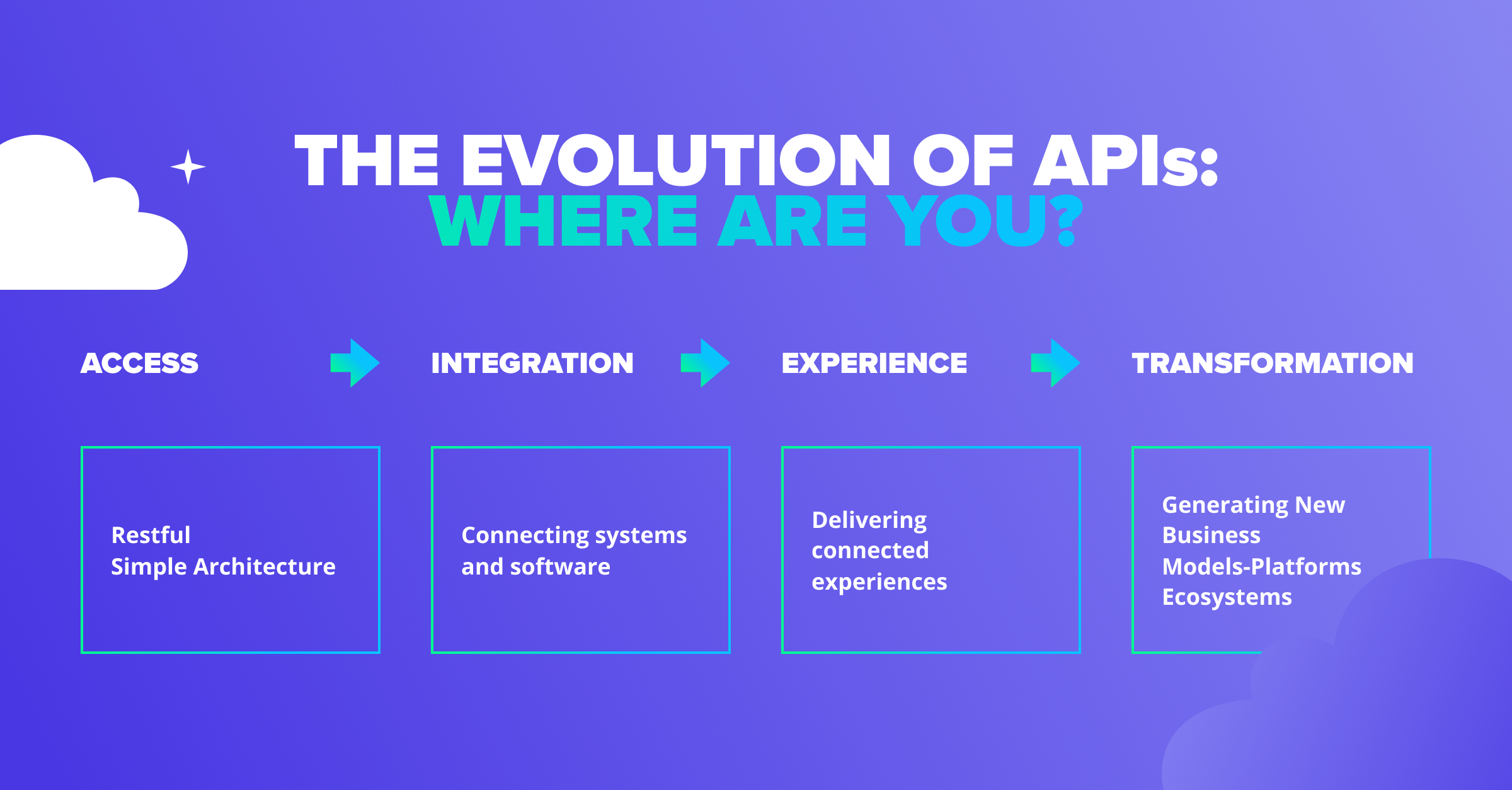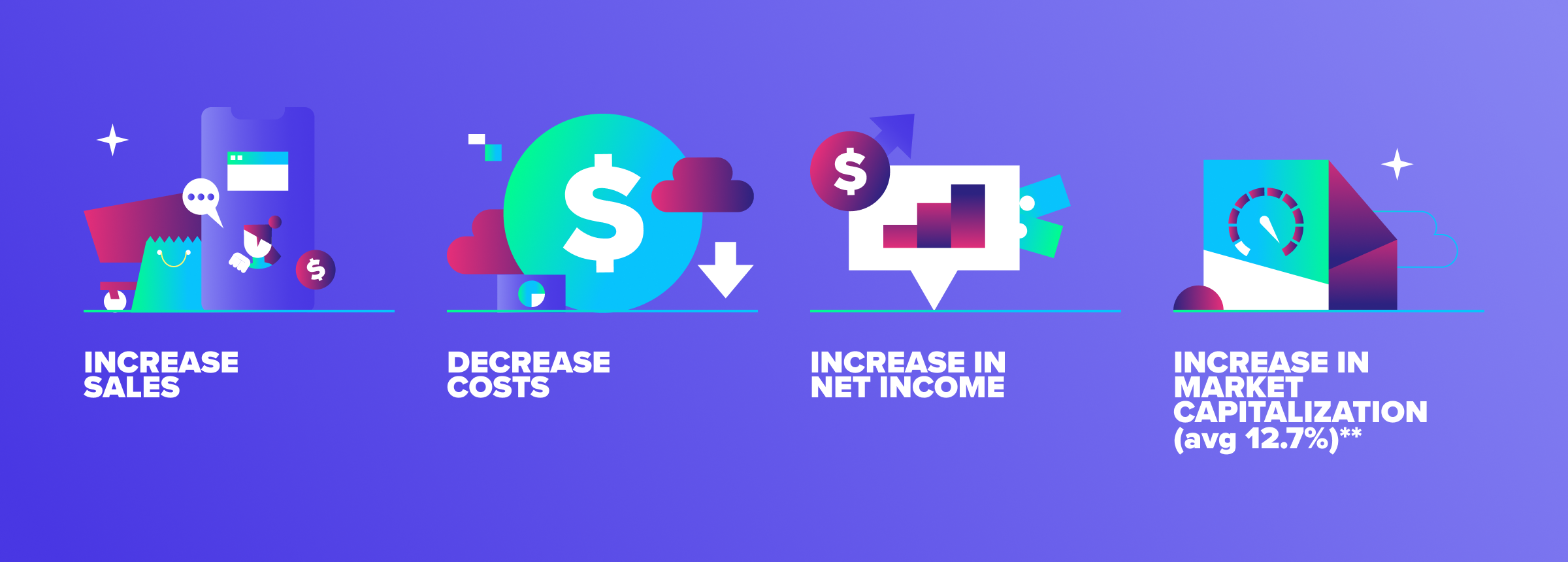“80% of CIO’s say they haven’t attained their desired business agility with cloud migration.” -McKinsey
If this resonates with you, then perhaps it’s time to re-evaluate (and modernize) your APIs strategy. Too many stakeholders still equate APIs with integration and don’t fully understand the role they can play in accelerating digital journeys while increasing overall corporate revenues.
Google just launched a new podcast series called “That Digital Show” and episode #2, The Value of APIs - with Raymond Peng, Lead Value Advisor at Google - gives us a history lesson in the evolution of APIs.

MOVE BEYOND INTEGRATION
APIs drive increased business value and accelerate digital transformation. For firms who move beyond integration, the immediate impacts to the business include:

APIs also help you to innovate at scale. By sharing core business APIs to third parties, new (and out of the box applications) are possible—perhaps even better than those created by internal teams. This collaboration also makes third-party revenue sharing possible.
Banks and retailers commonly use this approach, enabling their companies to scale innovation and streamline development outside of internal teams—with minimal investment.
BUILDING THE BUSINESS CASE
A key success factor is Including APIs as a component of an overall app modernization strategy. As with any initiative, there must be a business case with a justifiable ROI to gain executive approval.
Here are five key impact areas to address with your CXO to gain buy-in:
 Accelerates time to market & reduces development costs by eliminating point to point connections
Accelerates time to market & reduces development costs by eliminating point to point connections
 Leverages APIs to sell goods and services via new channels (meaning your products and services are no longer confined to a single .com site)
Leverages APIs to sell goods and services via new channels (meaning your products and services are no longer confined to a single .com site)
 Monetizes your APIs by making your data, products and services available to others for a fee. See how SoftServe helped Keller Williams monetize their APIs here
Monetizes your APIs by making your data, products and services available to others for a fee. See how SoftServe helped Keller Williams monetize their APIs here
 Eliminates inventory costs and expands your supply chain by enabling third parties to sell products on your site. By using APIs to create a marketplace within your platform for external sellers
Eliminates inventory costs and expands your supply chain by enabling third parties to sell products on your site. By using APIs to create a marketplace within your platform for external sellers
 Improves customer satisfaction and creates long term customer retention
Improves customer satisfaction and creates long term customer retention
SUMMARY
APIs allow businesses to keep pace with customer demand at scale—without a need for large capital investments. APIs unlock the ability to pivot on products, goods, and services by quickly leveraging third parties. With APIs, companies can both speed to market (without expensive inventory and supply chain costs), as well as discover new routes to market. In summary, APIs empower future-facing companies for ever-changing customer demands regarding where to buy products and consume information. Let’s Talk about how your organization can benefit from a transformation-centric API program.

